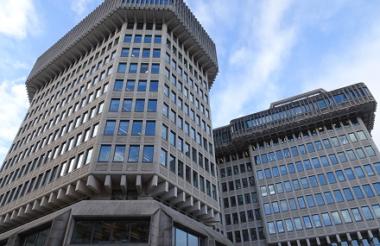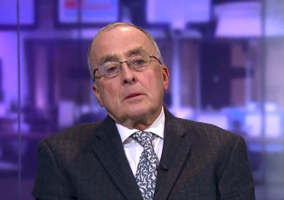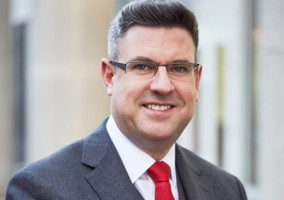The Charity Commission has announced a summit on safeguarding for UK charities, to accompany one for international charities which was announced by the Department for International Development last week.
The summit, to be co-chaired by Tracey Crouch, minister for civil society, is one of several measures announced by the regulator to ensure charities put sufficient focus on protecting beneficiaries and other vulnerable people their staff and volunteers come into contact with.
The regulator is also launching a new safeguarding task force, recruiting additional safeguarding expertise, and changing the way it communicates with whistleblowers.
The Commission said both summits would:
- Establish a shared understanding of the safeguarding challenges facing charities working in the UK and emphasise the importance of maintaining public trust in the sector
- Hear the sector’s ideas for solutions and what actions they are taking and will take
- Agree and commit to actions jointly and individually to strengthen the safeguarding capability and capacity of charities working across the UK
Both summits will involve charity regulators in Scotland and Northern Ireland to ensure a coordinated approach across borders.
The new Commission task force will:
- Deal with a significant increase in safeguarding incidents being reported to the regulator
- Do proactive work to promote the reporting of safeguarding incidents
- Give advice to charities reporting serious incidents
- Study existing reports to identify gaps in disclosure
Safeguarding 'should be a top priority'
Helen Stephenson, chief executive of the Charity Commission said: “The Commission’s actions and messages over the past few years demonstrate the top priority we expect charities to give to safeguarding, and the priority we place on ensuring trustees meet their legal duties, and public expectations, around this.
“But recent revelations have shocked us all and brought a new focus on how charities deal with these issues. We want to do everything we can, using our authority as regulator, to ensure that safeguarding is prioritised in all charities - not just those working with groups traditionally considered at risk. That’s what these two summits are about.
“At the heart of all this lies culture, governance and leadership in charities. Policies, procedures and formal systems – vital as they are – do not alone prevent safeguarding incidents, or ensure charities respond appropriately when incidents occur. The public rightly expect charities to be safe places, and for charity leaders to ensure their organisation lives its values, in everything they do.”
Stephenson said the Commission has not done enough to inform whistleblowers of the difference their contributions made.
“It has become clear to me over the past week or so that whistle-blowers who come to us with serious concerns about charities are not always made aware of the difference their reports have made,” she said.
“That can’t be right. People who make what is often a brave decision to come to the regulator with important information, should, where appropriate, be reassured that we have acted on their concerns.
“So I want us to look carefully at the way in which we communicate with those who bring vital information to us that leads to serious regulatory action.”
|
Related articles












